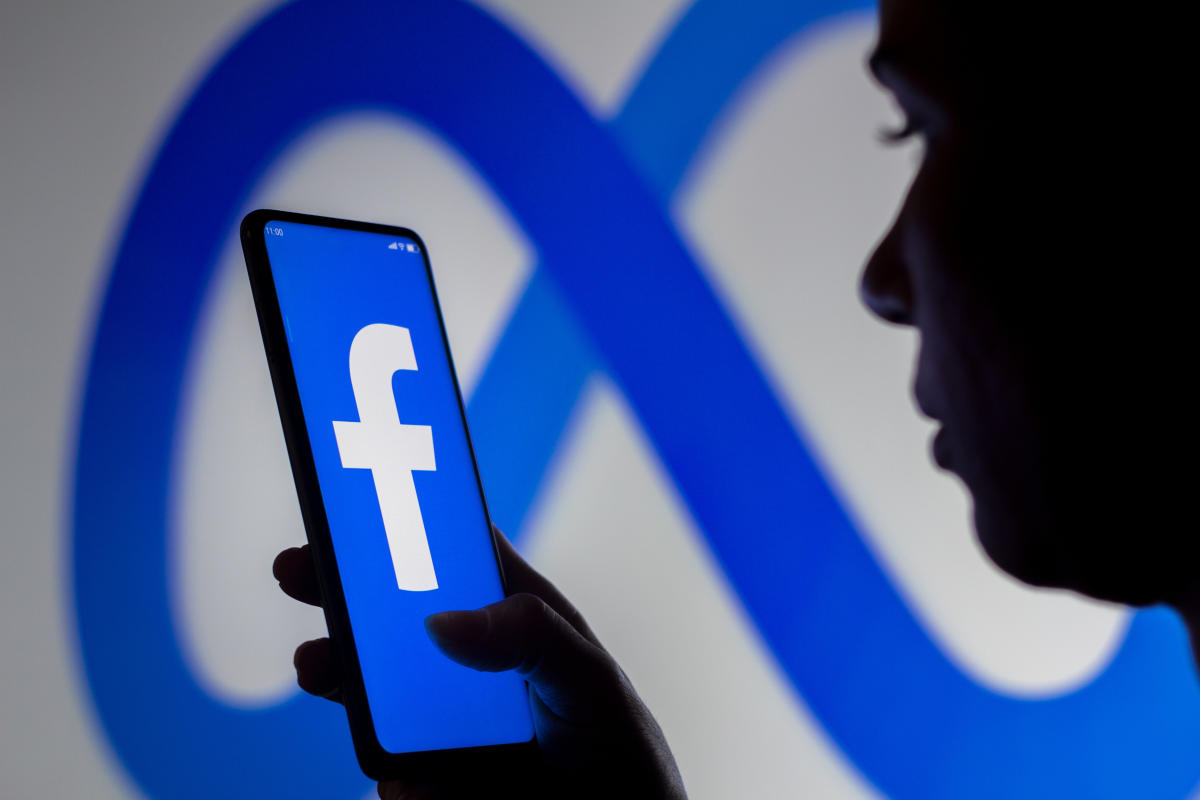Misinformation on Facebook Alarms Officials as 2024 Elections Near

Election officials across the U.S. are increasingly concerned about the spread of misinformation on Facebook as the country heads into the critical 2024 presidential election. In Durham County, North Carolina, Derek Bowens, the director of elections, faced a crisis when viral posts falsely claimed that voters should request new ballots if a poll worker writes on them, rendering the ballots invalid. This misinformation, which also spread during the 2020 election, has resurfaced without fact-checking labels on Facebook.
Despite previous efforts to flag such content, Bowens and other officials have seen a lack of timely intervention from Meta, Facebook’s parent company. The North Carolina State Board of Elections had to issue a press release to counter the misinformation. However, many false posts continue to circulate in North Carolina and other states like Mississippi and New Jersey without warnings or corrections. Meta stated that it has sent flagged content to third-party fact-checkers, but election officials are still frustrated by the platform’s insufficient efforts to prevent the spread of false information.
Across the nation, with just 40 days until the November 5 elections, election officials are worried about how misinformation might disrupt the voting process. While Facebook scaled back the promotion of political content on its platform after the 2020 election, misleading posts still spread quickly, often outpacing official responses. Bowens and his colleagues, as well as officials in swing states like Arizona and Wisconsin, are finding it increasingly difficult to use social media effectively to provide accurate information.
In Maricopa County, Arizona, communication director Taylor Kinnerup noted that false claims about voter fraud from 2020 still plague the county’s social media feeds. Despite efforts to increase transparency and communication, Kinnerup’s team struggles with Meta’s limited engagement and unresponsive support systems. Many local election offices are also dealing with technical issues when using Meta’s apps, such as unlinked Facebook and Instagram accounts that prevent simultaneous posts.
Meta, which has cut back its trust and safety teams during multiple rounds of layoffs since 2021, continues to promote its integrity efforts and partnerships with fact-checking groups worldwide. However, state and local officials like Bowens and Kinnerup report little direct communication or assistance from Meta in addressing election misinformation.
Officials warn that the risks go beyond the presidential race, with down-ballot races also vulnerable to interference, as regional and local election systems often have less protection. Congressional representatives, including Sen. Susan Collins, have expressed concerns about foreign actors targeting these races with disinformation.
As the November elections approach, election officials across the country are working overtime to combat the spread of misinformation, but many feel under-supported by tech companies like Meta. With election integrity at stake, they urge greater collaboration and proactive measures to prevent further disruptions.





















